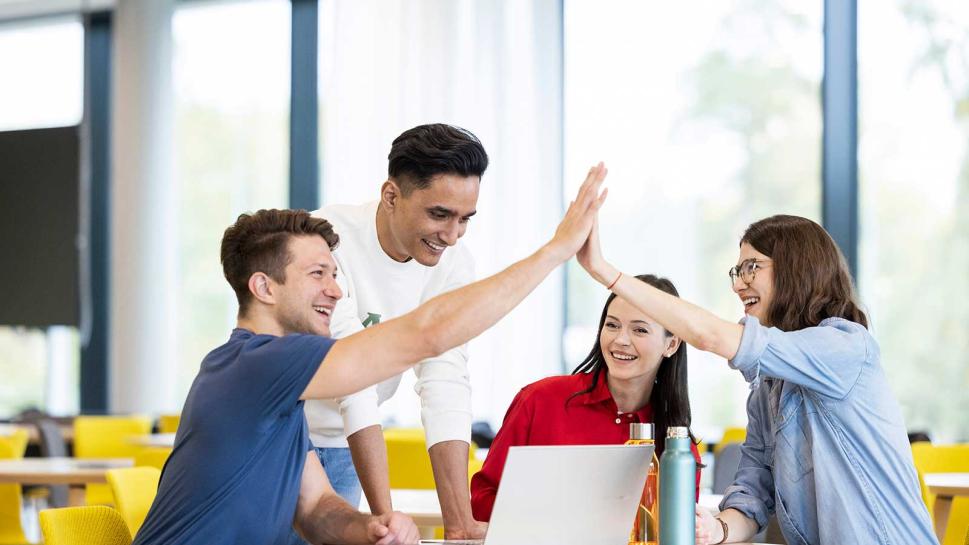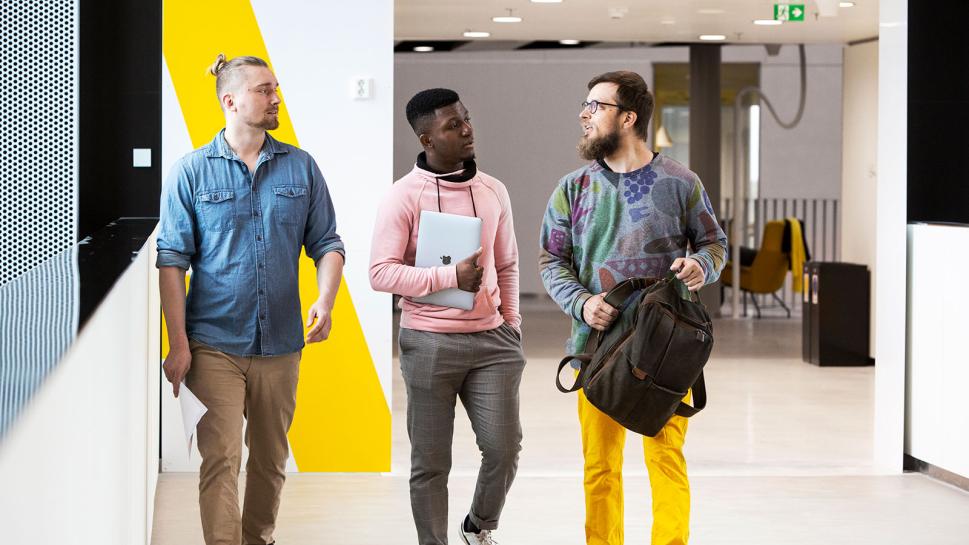At our multidisciplinary university of applied sciences, teaching is implemented through diverse pedagogical approaches. Nonetheless, Metropolia’s pedagogical guidelines—and thus all teaching and learning activities—are fundamentally based on a socioconstructivist view of learning. In this view, learning is an interactive and multidimensional process in which the learner plays an active role in their own learning journey.
This learning theory is closely linked to the principles of learner-centeredness, learner agency, and competence-based education, all of which aim to shift the focus of educational design from program- and teacher-centered approaches toward teaching and learning practices driven by learners' needs.
Learner-centeredness refers to organizing teaching in ways that acknowledge learners’ diverse needs, prior knowledge, and learning goals. It involves pedagogical implementations that create different learning pathways. Recognizing and accrediting previously acquired competences are also key aspects of learner-centered teaching.
Learner agency emphasizes the idea that learners are responsible for their own learning and develop their competences not only through the institution but also through various formal and informal networks. Learners always own their own learning process and may take on different roles—for example, as degree students, independent online learners, or participants in open study paths.
Competence-based education places learners’ competences and their development at the center of learning activities, while also considering the needs of working life and society in educational planning. Metropolia’s curricula, course contents, objectives, and assessment criteria describe the intended or achieved competences. This means that skills acquired through work or other experiences can be identified and accredited as part of the learner’s degree.


